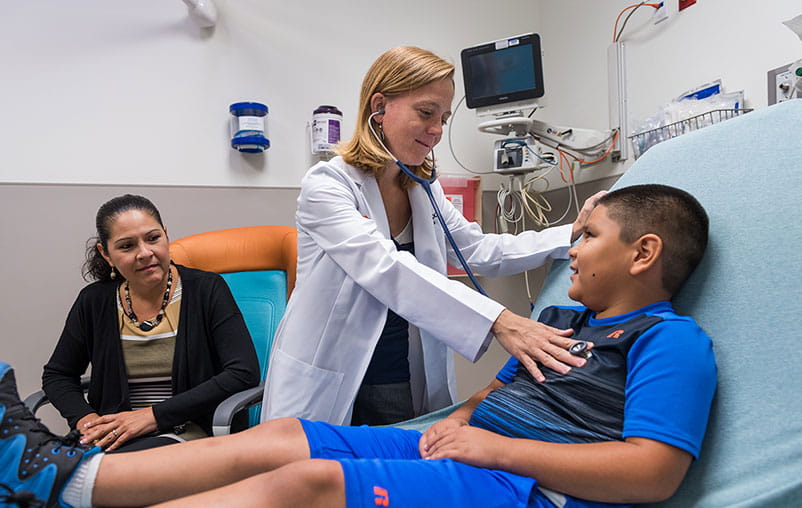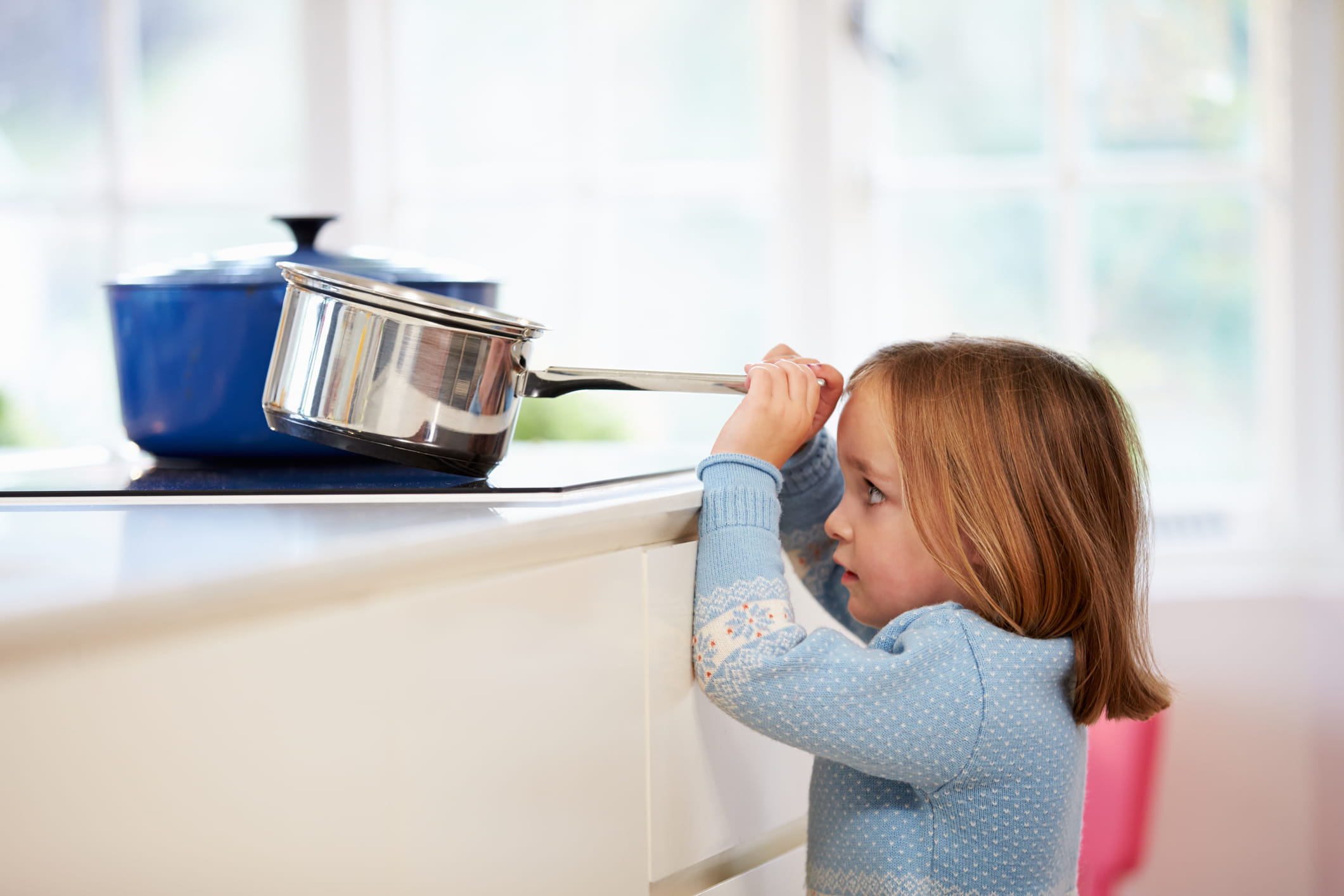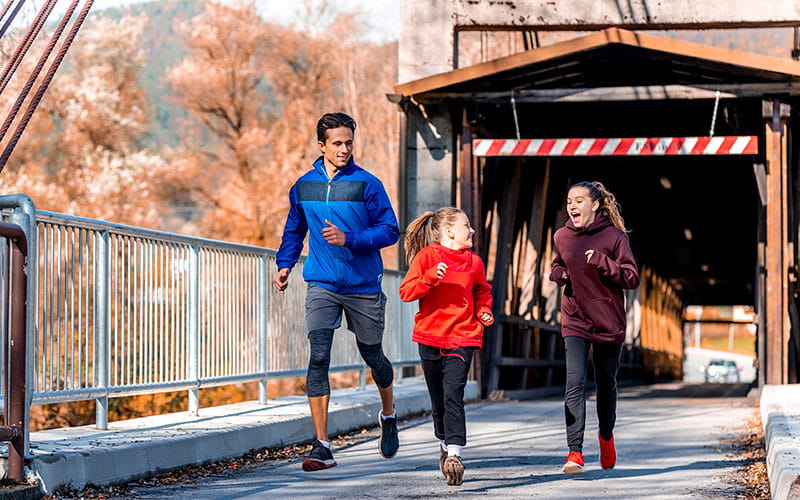Talking about death is hard enough, and harder to explain to a child. Talking about a COVID-19 death is especially challenging. Child life specialist Rebecca Charlton from our palliative care team has helped many families and children face this tough subject.
Is there a difference for a child in the experience of losing a family member to COVID-19?
I believe there is a big difference in a COVID death for a child. Primarily, they were not allowed to visit their loved one and they weren't allowed to say goodbye. And I think that has a huge impact on the whole family.
How especially might this affect a child?
A child may not fully understand why they cannot visit their loved one. They may have seen very little symptoms in this loved one, and the next news they get is that they have died. They don't see the progression of that disease so it's very difficult for them to follow that.
How do you prepare young children and families for the death of a loved one, or explain it to them?
I first ask the child or the family member what they think is happening with their loved one, and if there is any information that is false I might clarify that for them. Often, I will draw a body and zone in on the particular part of the body that is being affected. If that's the heart, just say because the heart's not working it can affect the whole body. Basically the best way to explain death to a child is to say, "Your grandfather's body stopped working."
What are some of the ways you help them understand?
There is a booklet I made specifically for children that had lost a loved one to COVID and in that booklet they get to draw a picture. Oftentimes, children may draw or write their feelings instead of verbally saying them. So that's a good exercise for them to get those feelings out. I also ask them to remember memories of their loved one. I'll ask them, for example, what did your grandpa like to do? Tell me a funny story about your grandpa, etc.
Isn’t talking about death scary for a child?
Sometimes I will see if the child has experienced a death of a pet and so I can relate that for them when I try to address those scary feelings. I tell them it's okay to have whatever feeling you have. You could be scared, you could be sad, you could even be angry or mad. And that's okay and those feelings may change over the next couple of days. Children grieve in more spurts than adults do.
How is the grieving process different for a child?
Children will grieve with the immediate news of the death of a loved one and they may cry or be sad and then they will want to go play. After they've played for awhile, they may come back to the parent and need a hug. It's like they can only bite off what they can handle of this. They may have to go back to something they know and are comfortable and enjoy, and oftentimes that's play.
Why is it important to be honest when discussing death with children?
I think that the wording that people use with children, often they skirt around the issue. They need to say death or died because there are a lot of euphemisms that people will use. "Oh they're just sleeping" or "They've gone to a better place." And children may be afraid of sleeping after hearing that or they may question, well if he's in a better place, can I go visit? So those can be very difficult for the child to understand exactly what the adult is saying.
Can children handle this seemingly blunt language?
They are able to process this real language. They often are attuned to something going on because they see their relatives crying and upset and they need to hear the truth. If they don't understand what death means, then I go back to (saying) your body stops working, and that's when a person dies. It also can be geared towards their spiritual views as well.
What are some ways you help children put this into perspective?
Helping children grieve is thinking back on happy memories that they've had with their loved one. Tell me something fun that you did with your grandpa, you know that your grandpa went to your concerts at school or your basketball games and he was there. And I'll kind of have a sense of gratitude that they had time with this loved one, and that's something that's never going to be taken away from them.
How does focusing on happy memories help the child?
I think this perspective helps them in the long run to realize that they're going to miss their loved one and it's going to be weird for them to not have that person around, but to look back on the fun times they did have and to have that sense of gratitude.
What are some resources in the community to help children cope with the loss of a loved one?
It may take awhile for them to go through the process and they may need some help with that. I often tell parents to check with their school counselors and see if there are available services through that. San Antonio has the Children's Bereavement Center of South Texas, and we also have an organization called Any Baby Can for families who have lost an infant.




